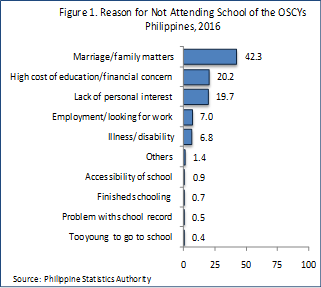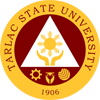III. YOUTH AND EDUCATION

Education policies, curricula and training programs need to be aligned in a people-centric manner with national development priorities and needs, international development strategies and labor market requirements. This will promote the situation of young people, combat extreme poverty, and maximize the benefits of globalization for young people.
The persistent gender gap in education hinders the development of young people. Gender inequity in education is distinguished, among other issues, by a lack of exposure to and provision of gender-sensitive educational services, facilities, and training programs, as well as a high drop-out rate for secondary school-aged students.
Awareness and knowledge are essential drivers for the complete and successful involvement of young people in social, economic, and political growth systems. More attention needs to be paid to improving the participation rate of young people , particularly marginalized young people, in order to ensure that they acquire the knowledge , skills, skills and ethical values needed to fulfill their role as agents of development , good governance , social inclusion, tolerance and peace.
A greater focus on universal access to education, quality education, human rights education and learning, as well as increased access to the complementary nature of vocational, formal, informal and non-formal education practices in a non-discriminatory manner-especially for young women-is crucial for young people to be able to respond to their aspirations and challenges, to realize their potential and opportunities.

